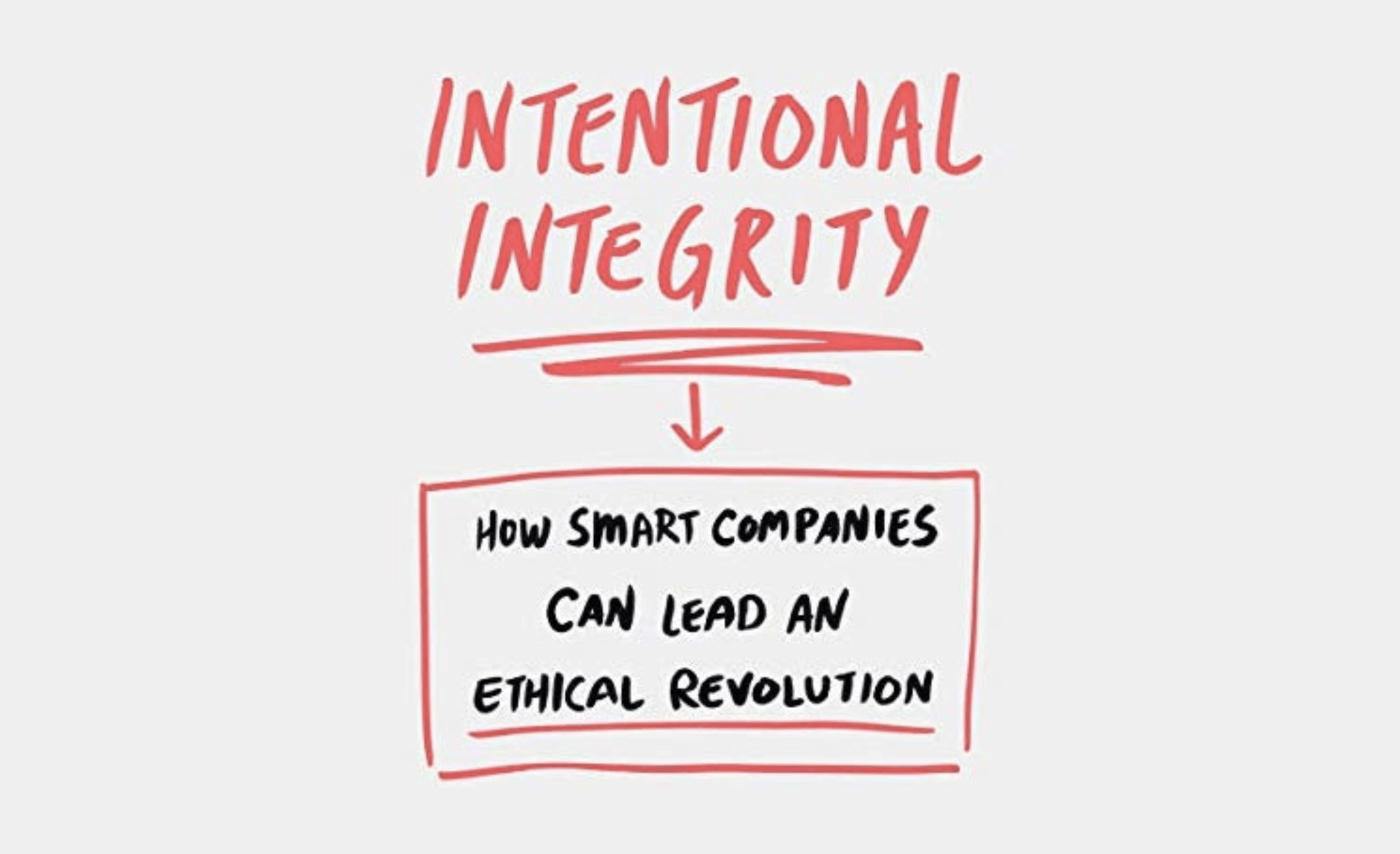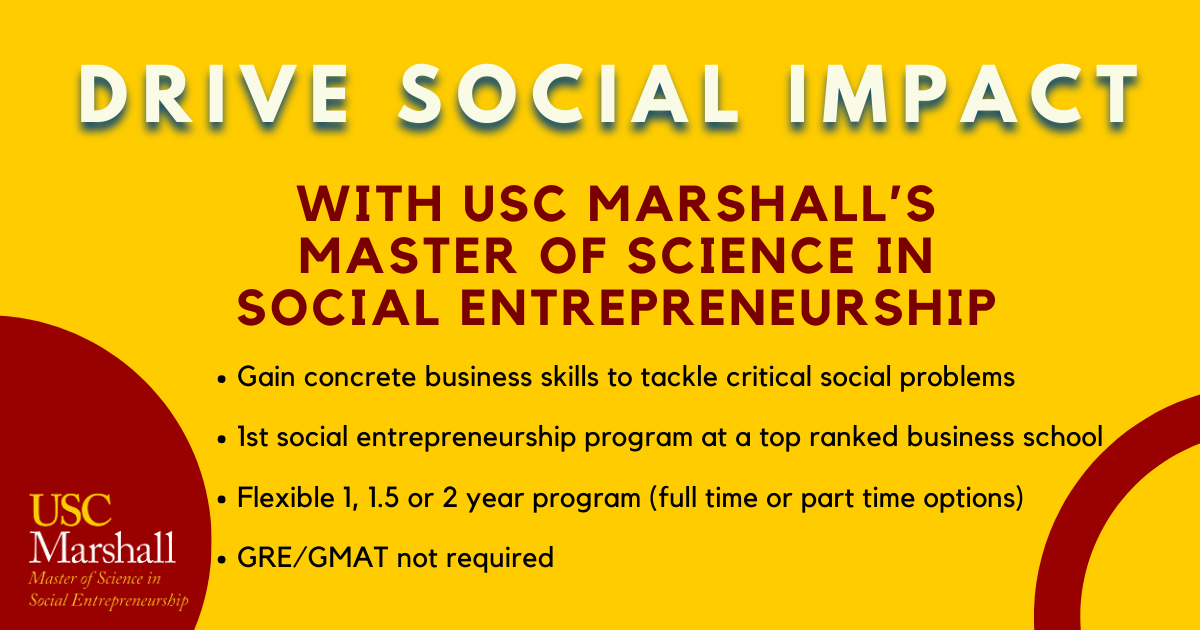In business, the word “integrity” can lack an impact, and, used without context, the word losses meaning, becoming an ineffectual but positive-sounding buzzword. How do we prevent this and instill ethics into every corner and employee of our business? Rob Chestnut, the former Cheif Ethics officer at Airbnb, Ebay, and Chegg, believes the answer is Intentional integrity. In this interview with Rob Chesnut, we discuss his new book, Intentional Integrity, and how companies can bring about large scale ethical change.
1. Everyone thinks they have integrity, yet week after week, we see organizations like Facebook, Google, Boeing, or even the Houston Astros, come under fire for failing to live up to their values. What is “intentional integrity,” and how can it help us get out of this integrity crisis?
Integrity is a great buzzword; it looks great on a poster, but no one talks about what it really means. In today’s global workforce, we come from such different backgrounds and cultures—that diversity is a strength, but it also means that we lack a shared understanding of how to treat each other and how to act. Leaders are uncomfortable talking about integrity, perhaps because they’re acutely aware of their own human failings, or perhaps because they feel uncomfortable imposing their own moral values on others. Where there are silence and ambiguity, science demonstrates that people “fudge,” or do things that are in their self-interest, and convince themselves that it’s ok even when a neutral outsider could clearly see that it’s not. That ambiguity also creates fear and uncertainty, even among employees who want to do the right thing but aren’t really sure what that means.
Intentional integrity is a commitment from the top of the company to talk, in a specific and very human way, about how we all treat each other in the workplace, how a company treats customers, and how the company impacts the communities where it operates. It’s a message that can’t be outsourced to HR or a third party, it needs to come from leaders, and it needs to talk about things like romantic relationships in the office, alcohol and work events, using office resources for personal benefit, even hugging.
2. What’s at stake if companies don’t directly and explicitly address integrity?
Everything. We’ve all seen how brands have been ruined, careers derailed, and businesses sidetracked by ethical failures. The costs are enormous. And data shows that companies who act ethically by paying attention to things like the environment, governance, behavior by leaders, and social good actually outperform companies who do poorly in these areas. Integrity resonates with today’s employees, who see their personal brand closely tied to the brand of their employer and want to be proud of where they work. Consumers are increasingly making purchasing decisions based upon how they perceive the values of the business align with their own.
We need companies to take the lead in solving many of the biggest problems that face the world. To lead effectively, companies and their leaders need to earn the trust and respect of their employees and the global community. Operating with integrity is critical to gaining that trust.
3. In response to the coronavirus pandemic, you updated the book with a chapter on leading with integrity during a crisis. What lessons have we learned?
A crisis fire-tests the character of a company. Trust can be formed, and broken, during these stressful times. It can be challenging to know where to direct your attention, but these three things should be a priority.
Put the health and safety of your employees first. A crisis can strain relationships with employees who may have legitimate concerns about their health and safety if they are still on the job. Anxiety tends to run high as people fear layoffs and many struggle with isolation or juggling parental responsibilities while working remotely. It is a time to care about your people in a very human way.
Think about how you can work with all your stakeholders. Investors will obviously be concerned that the crisis will put a huge financial strain on many businesses. But you should also be thinking about how your suppliers, your vendors, your customers, and the communities where you operate are also suffering.
Creativity pays off. What we observed is that many businesses have resources that enable them to pivot quickly, responding to new needs, or developing entirely new business models. We saw production lines change to make PPE, hand sanitizer, and ventilators; restaurants move to take out; and personal trainers and music teachers giving remote video sessions.
4. During COVID-19, many people were laid off from their jobs. Is there a way to lay people off with integrity?
Of course, layoffs are not necessarily unethical. Truth is that some companies simply can’t absorb the financial impact in a crisis and letting people go is simply necessary for survival. But a layoff is a drastic move, with financial and psychological implications for the affected employees, their families, and the communities where they live. To limit the fallout, it is important for leaders to demonstrate that they are sacrificing first. You cannot credibly continue to take your full salary while putting the financial burden on those who aren’t well-positioned to manage it.
Another important consideration is whether you looked at alternatives like a furlough. A furlough may enable the employee to continue on your health insurance plan—a huge plus—and it keeps the door open so you can bring them back when business rebounds. A pizza chain in Atlanta had to furlough many of their workers, but the ones who remained to handle takeout orders are sending pizzas home to the furloughed workers, demonstrating that they still care and want to help.
Lastly, leaders should use their network to help the laid-off staff find work. I’ve seen leaders at companies that need to do layoffs go onto LinkedIn and post about the pain caused by the company having to layoff so many terrific employees. They often list the areas where cuts of strong skilled workers were made and offer to connect any interested employers with their former colleagues.
5. How will intentional integrity protect employees from the bad decisions of individuals and fix pervasive corporate cultures that enable abuse of power, as we saw in the #metoo movement?
Intentional integrity is a proactive concept that sets the right tone at a company and creates a culture where it’s clear to everyone how to act. Bad behavior is contagious—if people see leaders acting badly, it enables them to rationalize acting badly themselves. But integrity is contagious as well. If employees get a clear message upfront about what the company stands for and how the employees are expected to treat each other, and leaders live up to that message with their actions, you’ll avoid a lot of the bad behavior you’re seeing now.
Now, you won’t avoid all of it. We’re humans, we make mistakes. People will do things that violate the letter and spirit of the intentional integrity culture that each company creates, and that’s normal. Companies must create an environment where everyone is comfortable reporting bad behavior, there’s a trusted process for investigating that bad behavior, and employees—all employees—are held accountable with appropriate consequences.
6. You write that “you can’t outsource integrity,” and that to be authentic, pervasive, and persuasive, integrity must come directly from an organization’s leadership. If you could give one piece of advice to every CEO, what would it be?
Look at integrity not as a roadblock to getting things done, but a potential superpower. You set the tone by your words and actions. Embrace that responsibility as an important element of your job. Understand that when you act with integrity and encourage others to do the same, there’s a powerful ripple effect that goes throughout your company and into the community that will build trust and give you a long term business advantage.
7. How does your 6Cs process work to create a culture of integrity and what’s an example of one or two of these steps?
The 6Cs are all about sending an authentic, human message that integrity matters at your company. One element of that is the way you communicate with employees about integrity. The “old school” way is to email out a canned code of ethics, put some nice language in your employee handbook, put up a compliance poster in the breakroom, and require everyone to watch a video created by some third party on sexual harassment. The law requires that you do some of that, but those things are no substitute for authentic communication from leadership about integrity, framed in the language and culture of the company. At Airbnb I used to go to new hire orientation every week and talk to the new employees myself about the code of ethics and what it means at Airbnb, using real examples and situations they might encounter. The feedback I got was overwhelmingly positive. To have a leader come in for that conversation, right up front, makes a lasting impression.
8. What is your advice to a company or individual dealing with the aftermath of an integrity lapse—especially in an era of Yelp, Twitter, and LinkedIn where a bad decision can live online forever?
I spoke to Dan Ariely, a behavioral psychologist at Duke University, about this exact point. It’s hard to recover from major integrity lapse, and it can’t be done incrementally. It requires a stop and a complete reset. There needs to be a very open discussion, from leadership, about what happened and why it was wrong. And it has to be followed up with a plan to specifically deal with the issue so that there is no doubt about where the company stands on it—things have changed, and from this point forward, we’re taking a new path. Incrementalism and subtlety won’t work.
9. You started your career as a federal prosecutor who tried CIA spies like Aldrich Ames. How did this experience help shape your philosophy about intentional integrity?
It’s hard to imagine a greater breach of workplace ethics than selling secrets to a foreign government, resulting in the capture and death of other human beings working for your country. What Ames did, and what others like Edwin Pitts and Jim Nicholson did later, sent shock waves through our intelligence community and deeply impacted so many people. It fundamentally undermined trust and integrity across a broad spectrum of government. It certainly impressed upon me at an early stage in my career how important it is to have a real culture of trust and shared mission, and how damaging one event can be to achieving your team’s goals.
10. What was it like to be running trust and safety at eBay during the dot-com boom and a general counsel and chief ethics officer at Airbnb, two companies that had to invent ethical rules in the nascent and less-regulated frontier of e-commerce?
I love working in blank space. Both places gave the opportunity to have a lot of impact in big unexplored areas. In hindsight, I think, I had it easier than colleagues at a lot of other companies. It all starts at the top, and I’ve been fortunate enough to work with leaders like Meg Whitman and Brian Chesky that truly care about integrity in their companies. With support from the top, the possibilities for building a culture you’re proud of are almost limitless. Without that support, there’s nothing you can do. I remember Meg told me right up front when I was devising the rules, that I was free to do the right thing in deciding what we could and couldn’t sell on eBay. Her instructions were not to worry about the revenue impact, but to do what was necessary to keep us on the right side of the law. We ended up banning guns, alcohol, tobacco, items made from endangered species, Nazi memorabilia, recalled items, and even body parts like kidneys. We voluntarily put caps on event tickets in states that had ticket scalping laws. In hindsight, those decisions look easy, but, at that time, there were debates.
11. What are some of the unique challenges faced by Internet-based platform companies—like Airbnb? Do they have a greater need to act with integrity than a traditional retail company, hotel group, or grocery chain?
Well, I think all companies large and small should be concerned about integrity. We live in a world where it seems like someone is always watching, and when it comes to unicorn tech companies, it seems like lots of people are watching, and watching closely. Tech is under a microscope, and when you look at some of the things that have gone on in tech over the last few years, I understand why. Tech, as a whole, like the entertainment industry, needs a reset on integrity. An intentional one, so to speak, where we acknowledge some bad behavior in the past and commit to a new way of doing business. We’re seeing that crop up now in pockets all across companies. You hear Marc Benioff talking about it. Cisco is doing some interesting things, so is Microsoft. That’s why I wrote this book, to push the conversation and highlight why it’s important. It’s clear the world needs more from companies, all types of companies. The old world where companies focused solely on making money now just isn’t working.
12. In a digital and global age with shifting cultural norms, how can companies reinforce common standards of integrity while respecting each employee’s right to their personal opinions and preferences?
We’ve all got to give a little, recognizing that the workplace is a special environment where we all make a living and do our life’s work. For the good of creating a workplace where everyone can do their best and feel like they belong, there may be some sacrifice in the freedoms that you might enjoy outside work. Let’s take romantic relationships. If you’re a top exec at a big company, do you have the right to pursue a consensual romantic encounter with an employee in your company? On the one hand, I’m sure some people think that you can’t fight love. . . let it happen. Studies show that most people have engaged in at least one workplace relationship in their life and some people end up marrying a work colleague.
But if you’re a leader, you have a higher responsibility to set the right ethical tone. How will a lower-level employee react to your advances? Will they be worried about the career consequences if they say no? Or if they break it off? The imbalance of power is troubling. What will others at work think? They’ll think that the employee sleeping with the boss has the inside track to raises, promotions, inside information. That undermines trust. And too often, these things end badly. I don’t think it’s too much for a top leader to refrain from engaging in any romantic work relationship, or for managers to refrain from relationships with anyone on their team. Just talk about it, put in in the code of ethics, and live by it.
13. Besides #Metoo, what are some ethical blind spots that companies should be paying attention to?
I don’t think that a lot of companies have put thought into combining alcohol and workplace events. Over and over during my career, I’ve been involved with terminations involving bad behavior that started with too much drinking in a work environment. Sexual assaults, grossly inappropriate language, insulting customers, even in one case, an employee so drunk that they bit a security guard who was trying to help him, drawing blood. Yet it is still common for companies to make large quantities of alcohol available in the office, without rules or supervision. Dinners and “hospitality suites” on the road where too much alcohol is served, holiday parties that get out of hand. All of this is happening, yet you so rarely hear leaders talking to employees about how dangerous mixing work and alcohol can be. Intentional integrity should include a real conversation about how much is too much at work, and leaders need to put thought into what can go wrong when corporate parties go on too long, with too much booze.
14. Ethics can be an intimidating subject to bring up. What advice do you have for leaders who want to kick start this conversation at their organization?
I think it was hard 10 years ago. Now, when you raise it, you likely won’t get anyone saying that it isn’t important—just look at the news to see what happens at companies when you don’t address it. The data around the ties to company performance is compelling. Study after study shows that companies who do ethics and governance well will outperform companies that don’t pay attention to it. You don’t need to make a “case” for it anymore. Now it’s just a matter of getting comfortable with what has traditionally been considered a “personal” topic. You don’t have to be a perfect human being to be an advocate for driving integrity into your company’s culture. Think of it as an opportunity to build your personal brand by speaking up on a topic that really matters.







